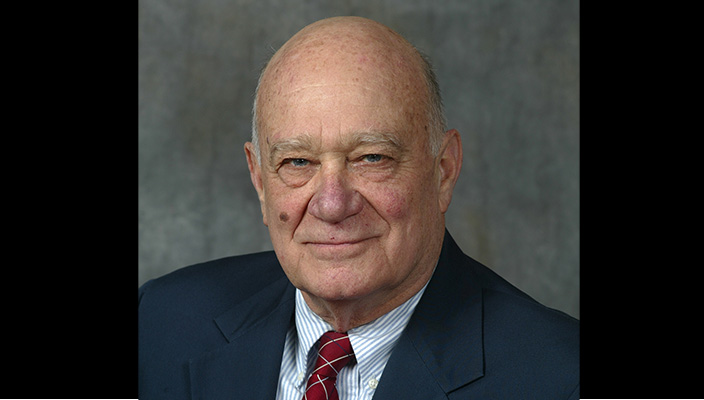The COVID-19 Pandemic has driven most people – including me – into forced distancing. While the physical gaps also impose social separations, that does not need to be our situation.
Gov. Cuomo stays in touch with his TV briefings, and he sends daily summary email reports. Each one contains what he describes as a “deep breath moment.”
Cuomo and other perspicacious leaders understand that it is not too early to call on Americans to begin to visualize and plan for a “new normal.” This is an audacious summons to improve our nation as well as making global progress.
But the pace of these coronavirus infections, the hospitalizations, deaths, and grief make it difficult for all of us to start thinking about tomorrow.
However, the authors I discussed in my previous column (all published before the pandemic) provide civic paths for American citizens to develop a reach that is local and global.
In our neighborhood, Scott Reich, a graduate of The Wheatley High School in Old Westbury, powerfully reminds us of the ways John F. Kennedy summoned Americans to build better connections at home and abroad. (“The Power of Citizenship: Why John F. Kennedy Matters to a New Generation”).
Reich shares with another Long Island-reared historian, Doris Kearns Goodwin (“Leadership”), the conclusion that Kennedy was outstanding because of a trifecta of virtues: his capacity for growth, his expansion of empathy and his sense of history. [Is anyone capable of applying those essential virtues to the current inhabitant of the people’s White House?]
Max Boot, a life-long conservative analyst wrote early in 2020 that Donald Trump was the worst president in modern American history. Recently, Boot said he needed to revise his view and to evaluate Trump “as the worst president in all of American history.”
By highlighting Kennedy’s views and actions on “the power of citizenship,” Scott Reich provides a template for action during any era, but particularly in troubled times.
Like Goodwin and other leading historians, Reich shows that Kennedy could acknowledge mistakes and that he could improve his leadership because of that analytical honesty (Does Trump indicate his errors and learn from them? One of his favorite words is “perfect” – which he usually applies to himself).
JFK learned from errors and crises in the Bay of Pigs failure and from the Cuban Missile Crisis. Unlike Mr. Trump who claims greatness, but does not “take responsibility” for his conduct, Kennedy followed the 1962 Cuban crisis with several initiatives, all of which contributed to building “global threads.”
JFK’s leadership encouraged our citizens more constructively to relate to the Soviet Union and to other nations.
The 1962 process and aftermath are too significant to be briefly summarized here. Suffice it to note that JFK initiated a limited test ban treaty, a “hotline” for better communications, and connecting “threads” with economic and cultural exchanges.
Because of those and other initiatives, the Cold War and the danger of nuclear weapons became less ominous.
In a famous foreign policy speech, Kennedy said that the U.S. was not omnipotent, that there was not an American solution for every global issue. While it might not be in our power, he averred, “to make the world safe for democracy,” we could help make it “safe for diversity.”
Our “New Generation,” Reich’s focus, can especially take encouragement from Kennedy (particularly during this Pandemic) by recognizing that all of our lives are connected (Dr. King’s continuing theme).
When Kennedy had early problems with Khrushchev and the Soviet leader erected the Berlin Wall, JFK went to Germany.
Instead of attacking the U.S.S.R. and Khrushchev, JFK used an affirmative approach. In-person, before vast crowds, with millions watching on TV, he said: “Ich bin ein Berliner.”
Could there be a clearer way of looking beyond narrow nationalism to build shared human rights associations? Of course, very early in his Presidency, JFK called for a “Peace Corps” where Americans could tap their democratic and innovative heritage to offer assistance “with” (not to) others.
Kennedy’s Peace Corps inspired LBJ to take American citizenship to another level with VISTA (Volunteers in Service to America). In both the JFK and LBJ cases Americans were called on to demonstrate that their threads of social and political connections could span a continent and a globe.
I will have a future column to consider the vast experiences and recommendations of the late Harold Saunders (“Politics Is About Relationship”).
Hal Saunders, an adviser to several Presidents and director of International Programs at the Kettering Foundation, leaves key paradigms for creative citizenship and the building of global threads.



